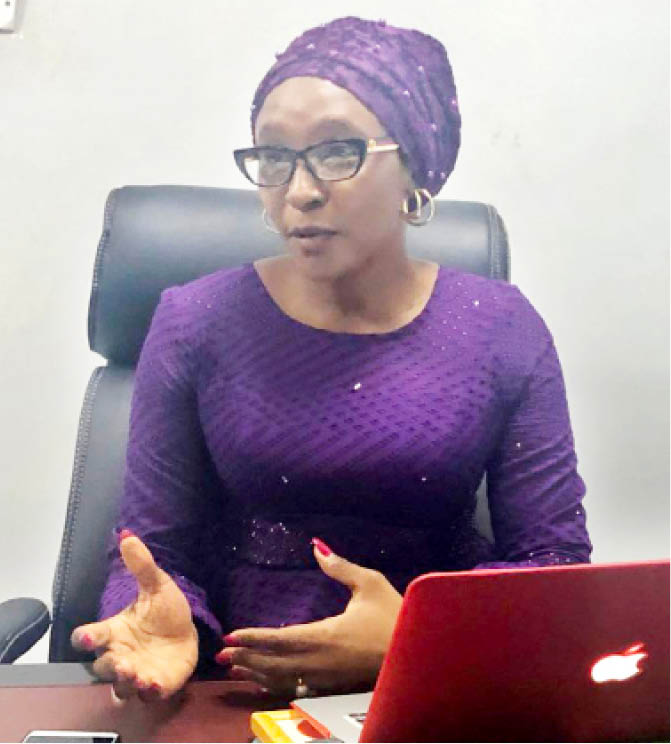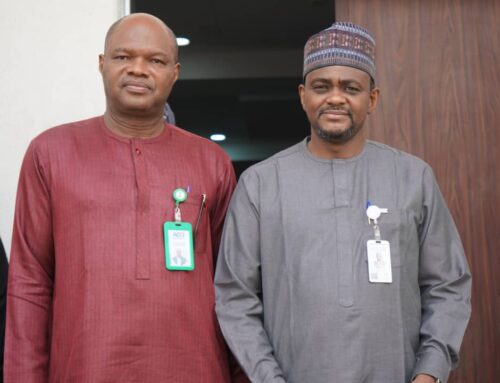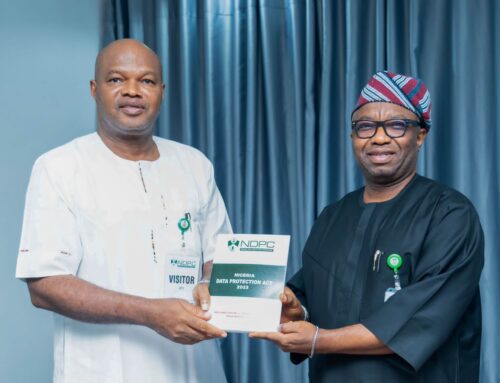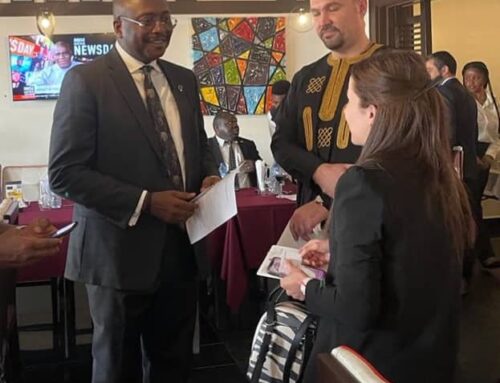Victoria Akai is the Director General (DG) of the Abuja Chamber of Commerce and Industry (ACCI). In this interview with Francis Iloani, she speaks on various ways the Organised Private Sector (OPS) group has over the years been championing the cause of private investors in the drive to grow the economy through advocacy and other initiatives targeted at making the country more investment-friendly and improve returns on investments.
You headed the Business Entrepreneurship, Skills and Technology (BEST) Centre of ACCI before your recent elevation to the position of DG of the group. How would you describe your experience at the BEST Centre and the innovations the centre has introduced so far?
I was privileged to be the pioneer Director of BEST Centre. It was not quite an easy experience, but it was interesting; it was challenging. When we started running the BEST Centre, we came up with a business plan. We wanted to focus on the business community. We wanted to add value to the business community. So, we decided to do a survey and find out what the business community wanted. We commenced our activities with demand-driven activities. We found out that one of the needs which the business community had was support with drafting business plans so that they are able to access loans. There were huge complaints of workforce. There was a disconnection between the educational system and what the industry required. So, we went into training the workforce – skills trainings and vocational trainings. Of course, we had to add a little bit of leadership trainings, business development trainings and then industry-specific trainings like the gemmology and jewelry making trainings.
Some people are of the opinion that employers in Nigeria prioritise certificate ahead of skill and knowledge. How has the public sector responded to your chamber’s effort to skill-based knowledge in terms of employment opportunities, and are Nigerians enthusiastic to embrace skill and vocational training?
Not really; and you wouldn’t blame them. Like you said, we place a lot of emphasis on certificate. Meanwhile, when you go to the streets, you don’t see any evidence of all these qualifications we carry. It is two-sided. You will think it’s because we do not have value for education. If there is no evidence that education is adding value to the people on the streets, how will people be attracted to come in to learn? What we did with our vocational and skills development trainings was that we trained them and called in employers for a job fair so that they can see what our graduates can do. Interestingly, about 60 per cent of them were engaged after that job fair because people saw that some of them could design website; and they worked. So, they engaged them right there.
While we encourage our people to pay attention to education, we also encourage the schools to make education worthwhile. There is a need to close the gap between the industry and the educational institutions so that people will see why they should go to school. OPS believes that some skills needed in the industrial sector are not available in the country, which explains why expatriates take up some jobs. ACCI, through BEST Centre, is trying to create these needed skills, but how can government at various levels scale up skills development? We need to involve the private sector in the development of curriculum. The curriculums that are being thought in our schools are outdated. I don’t know when they designed some of those curriculums. Things have changed significantly now. You are teaching people 19th Century skills for a 21th Century industry. The private sector has to be involved in education. We have to be involved in developing the curriculums for the schools so that we can close the gaps. Another way they can do it is to engage some private sector players to lecture in schools. In the curriculums, there has to be a point where you involve the industry to educate the students on what is obtainable in the industry. We need to do that because, we are saying there are no jobs, but they are saying there is no employment. So, you see where the gap is.
Recently, President Muhammadu Buhari inaugurated ACCI’s legacy projects, in what ways do you think the facilities would affect the group’s operations? ACCI has set the pace.
The legacy projects were initiated by the current leadership, and the reason was to support the business community to make sure it does well. When the president came, he established the centres. It was based on demand. He looked at what the business community required and set them up – the Policy Advocacy Centre (PAC); the BEST Centre, the Abuja Trade Centre; the Dispute Resolution Centre (DRC) and the Cooperative. If you look at these centres, you will see that they answer to specific needs of the business community. The DRC offers an alternative to parties in disputes not to go to court. If you have a commercial dispute, you are our member, come and we’ll resolve the dispute between you and whoever is involved at a discounted rate. You know that litigation is very expensive. This is all in the bid to help the business community and help them do their businesses in a more effective manner. For PAC, you know about Nigeria. There are a lot of issues. Currently, the centre has on its table the discussion around the Eco Currency and the centre had round table on border closure and other pressing issues that concern the business community. We want to help our members address these issues rather than sitting down and making noise on the social media. We are not fighting with the government. Sometimes, they do these policies and think they will be beneficial to us. We discuss these policies and see how we can move them forward and how they can benefit businesses and the government at the same time. For the cooperative, you know about access to loans in Nigeria. Even when we get access to a loan, it is at a ridiculous interest rate. We are saying they should bring down the interest rates so that businesses can access loans. In fact, we have done it. We have created a cooperative that issues loans to our members at not only single digit interest rate, but three per cent per month. We are hoping to take it down to make sure that in a whole year, you don’t pay more than 10 per cent on any credit facility that you receive from the chamber.
Source: https://www.dailytrust.com.ng/excessive-taxation-credit-constraints-hurting-businesses.html








Leave A Comment